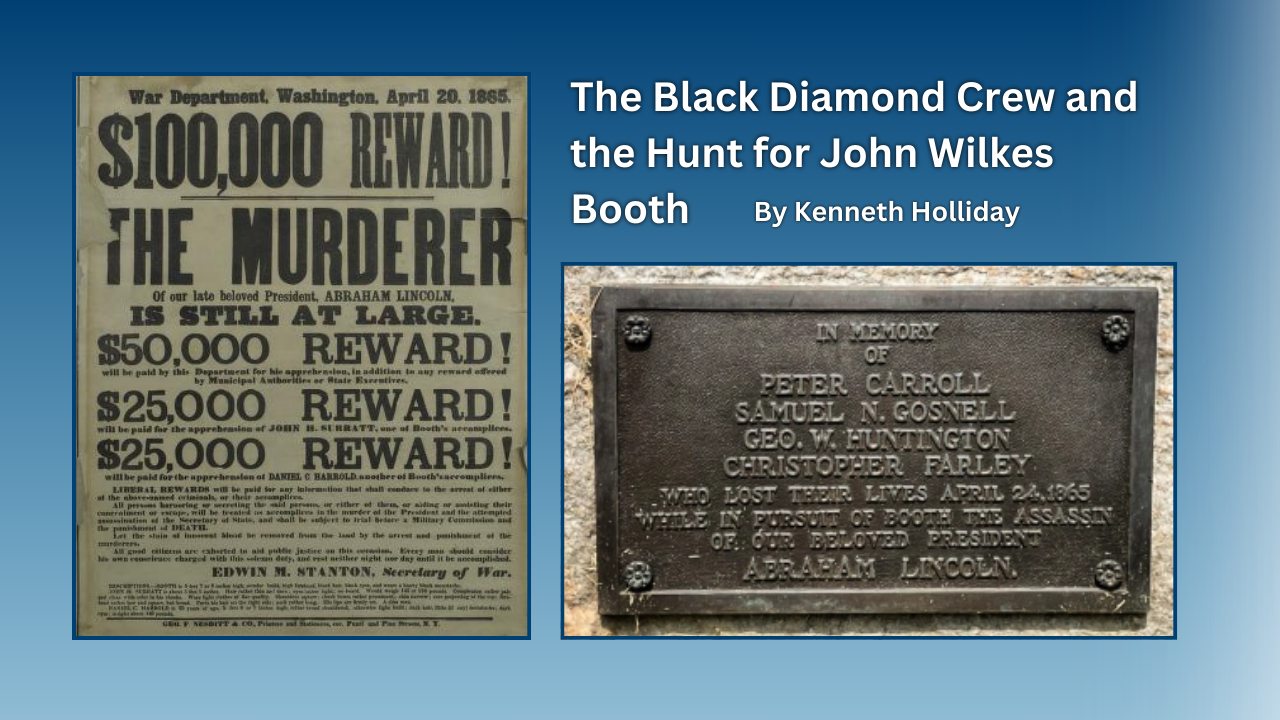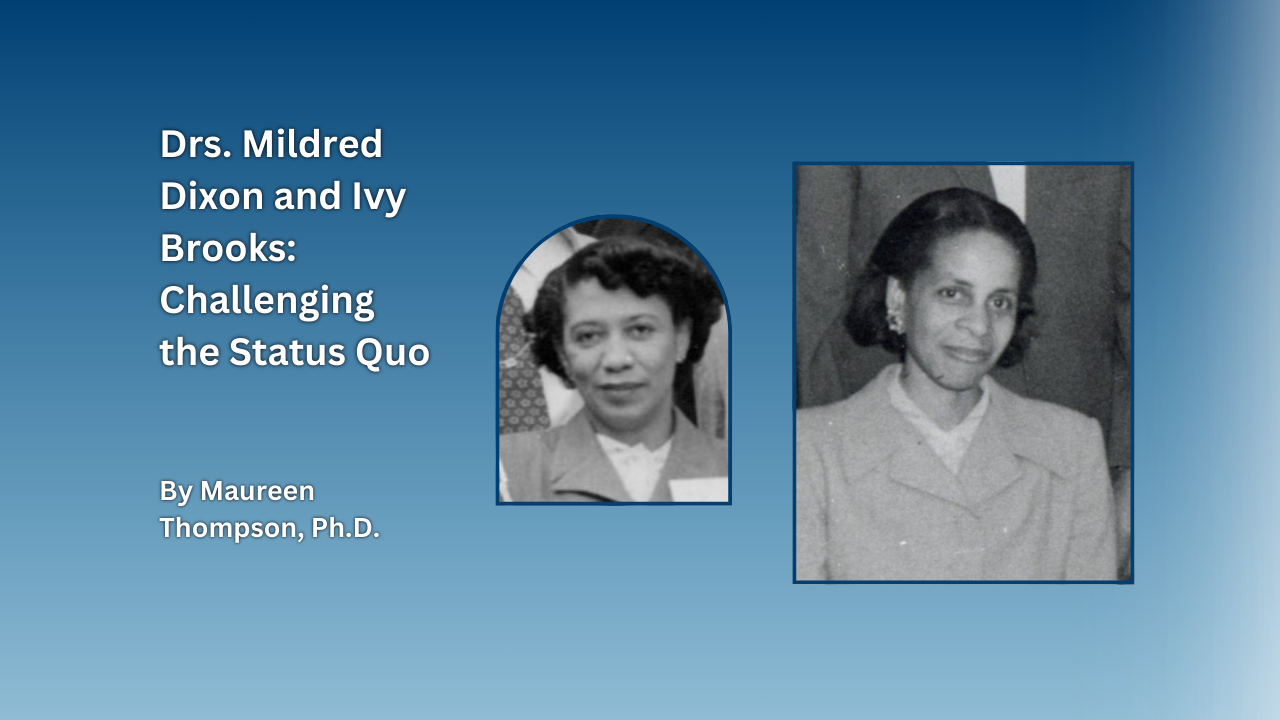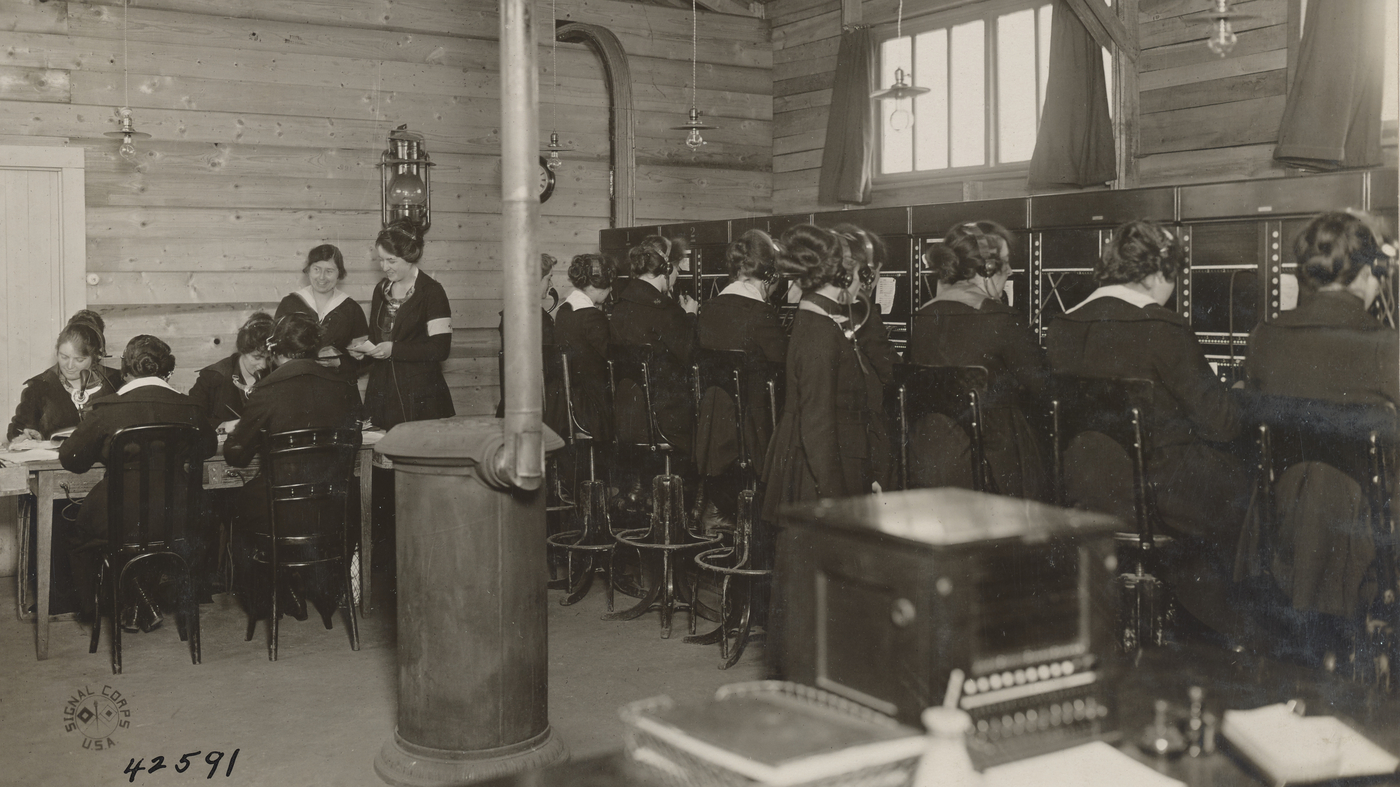This National Cemetery Administration (NCA) publication is the first in a series on topics related to World War II. This introductory booklet coincides with the seventy-fifth anniversary of the end of the war and explains our sacred duty to memorialize the men and women who served in that epic conflict and who now rest in cemeteries managed by the Department of Veterans Affairs.
Share this story
Related Stories
Featured Stories
During the late evening, early hours of April 23-24, 1865, the Black Diamond, a ship on the Potomac River searching for President Abraham Lincoln's assassin John Wilkes Booth collided with another ship, the USS Massachusetts. The incident was a terrible accident during the frantic mission to locate the fleeing Booth before he escaped into Virginia. Unfortunately many lives were lost, including four civilians who had been summoned from a local fire department by the Army. For their assistance during this military operation, all four were buried in the Alexandria National Cemetery, some of the few civilians to receive that honor.
Featured Stories
In the mid-twentieth century, the lives of Dr. Ivy Brooks and Mildred Dixon, two trailblazing Black women physicians, converged at the Tuskegee, Alabama, VA Medical Center. Doctor's Ivy Roach Brooks and Mildred Kelly Dixon shared much in common. Both women were born in 1916 in the northeastern United States and received training in East Orange, New Jersey. They both launched careers in alternate medical professions before entering the fields of radiology and podiatry, respectively. Pioneering many “firsts” throughout their professional lives, both women faced and overcame the rampant racism and sexism of the era.
Featured Stories
After the United States entered World War I in 1917, American Expeditionary Force commander General John J. Pershing requested the recruitment of women telephone operators that were bi-lingual in English and French. Eventually 233 were selected out of over 10,000 applicants, and they served honorably through the war, earning the nickname of 'Hello Girls.'
However, their employment was not officially recognized as military service and therefore were neither honorably discharged, or eligible for the benefits other returning Veterans would receive. This kicked off a 60-year fight for 'Hello Girls' to receive legal Veteran status.






